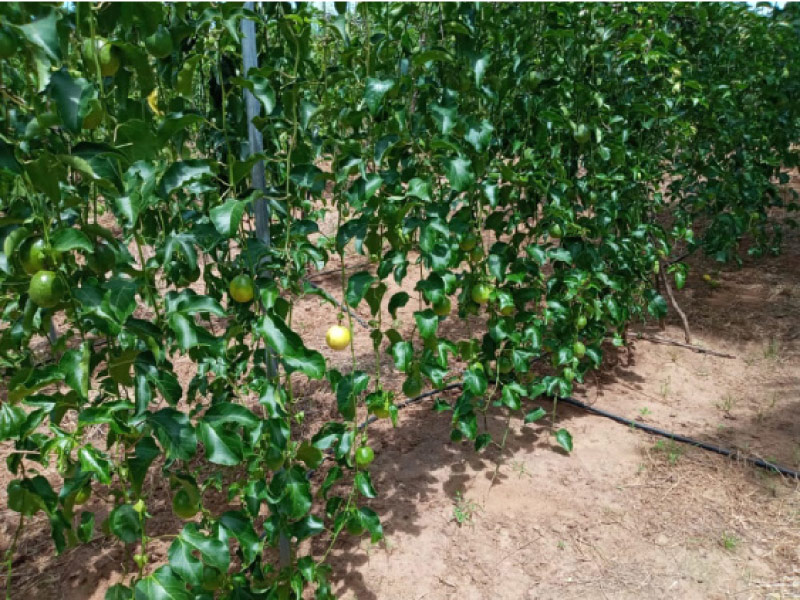Sunday Feb 22, 2026
Sunday Feb 22, 2026
Monday, 31 May 2021 00:22 - - {{hitsCtrl.values.hits}}

Crops cultivated using Pelwatte Compost
|
Pelwatte Compost along with paddy sprouts
|
Pelwatte Dairy has welcomed the Government’s move to ban chemical fertilisers from the next Maha season towards endowing a healthy future generation to the country.
Pelwatte Dairy Industries, which is on an inspiring mission to develop its compost production to help support the healthy lifestyle of the citizens, believes the decision of the President will further support the organic fertiliser industry which is facing several challenges.
As a company that is significantly contributing to the upliftment of the local dairy industry, Pelwatte is exceedingly eager to work hand in hand with the Government and other stakeholders in nurturing economic growth and importantly the well-being of the public. The company which introduced its latest range of organic fertilisers (compost) to the Sri Lankan market last year ensures that organic compost unlike artificial fertiliser has minimal damage to the plant or the consumer in regards to their health and life habits.
Commenting on Pelwatte’s latest range of organic fertilisers, Manager – Farms Chamila said, “Pelwatte Compost, since its inception has pioneered sustainable compost production, supporting the environment and the country as a whole. The feedback we have received from the farmers has been overwhelming and we are determined to implement the cycle wherever possible following officials’ approvals.”
Pelwatte compost has been distributed amongst its stores and authorised network of sellers spanning across the island. The company produces over 30 metric tons of compost every month. Pelwatte Dairy Industries, the local dairy giant pioneered into the industry of making compost a few months back with the aspiration of engaging in sustainable growth and empowerment. The company can create a positive impact on nature and lives. The compost is primarily cow-dung and waste taken from the dairy farms, coupled with the forage waste and leftovers for the cows, forage, carbonated paddy husk, Eppawala Rock Phosphate and even chicken manure that is externally sourced to make the compost rich in elements.
The Pelwatte compost is manufactured to meet industrial and departmental standards and has been certified for its quality. The company, throughout the months, has been able to mitigate the usage and effects incurred by chemical fertilisers in food products while also creating a momentum of sustainable waste management.
The organic compost has proved to be rich in nutrients and is beneficial to the land and produce in many ways, from serving as a soil conditioner, a fertiliser, addition of vital humus or acids, to being a natural pesticide for soil.
General Manager Laksiri Amaratunga said, “We are proud of the impact the team has been creating within the industry and amongst the others. The impact has been supporting the industry and the economy on an exponential scale and we look forward to being able to expand the production to reach even denser markets.”
Initially, the compost manufacturing project was launched in response to the Government’s instructions to use organic compost in agriculture following a time when people from several districts in Sri Lanka, primarily falling under the dry zone, were severely affected by renal disease. The demand has surged ever since the announcements of the ban on chemical and artificial fertiliser.